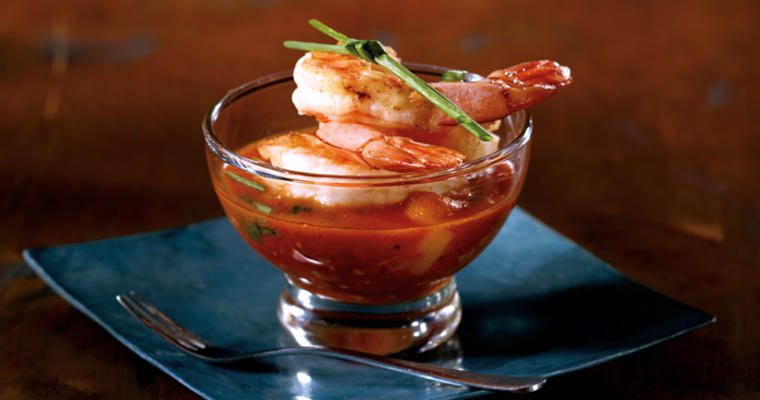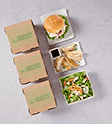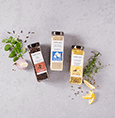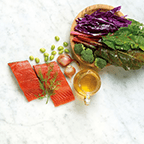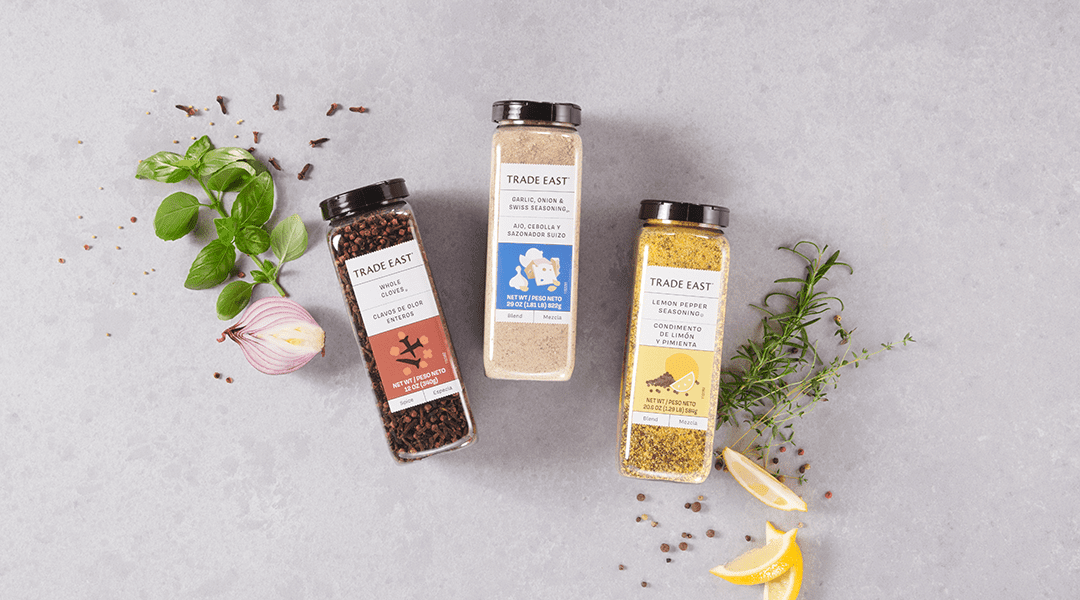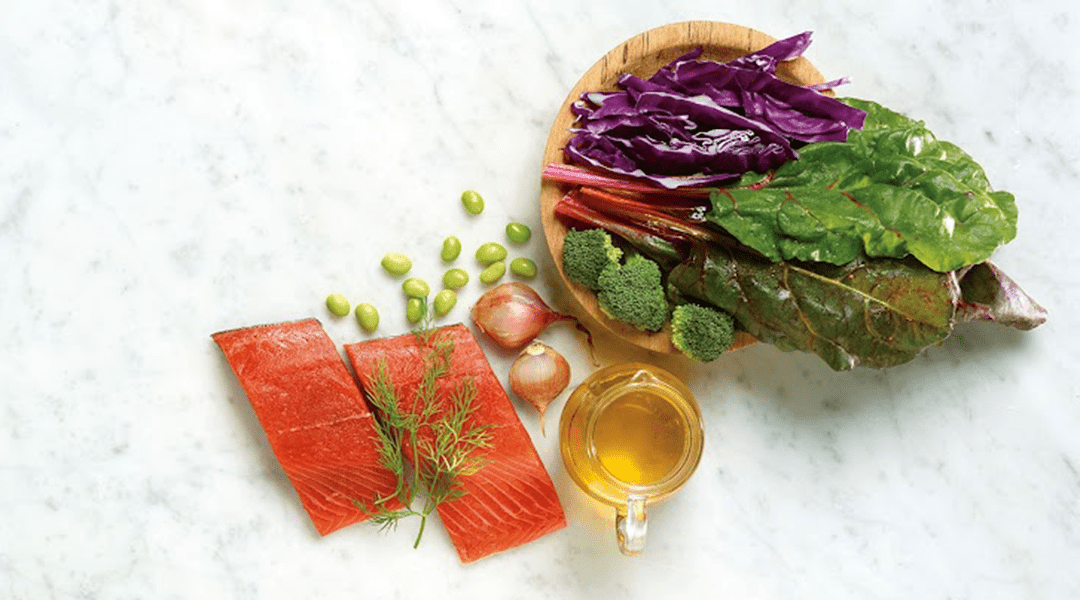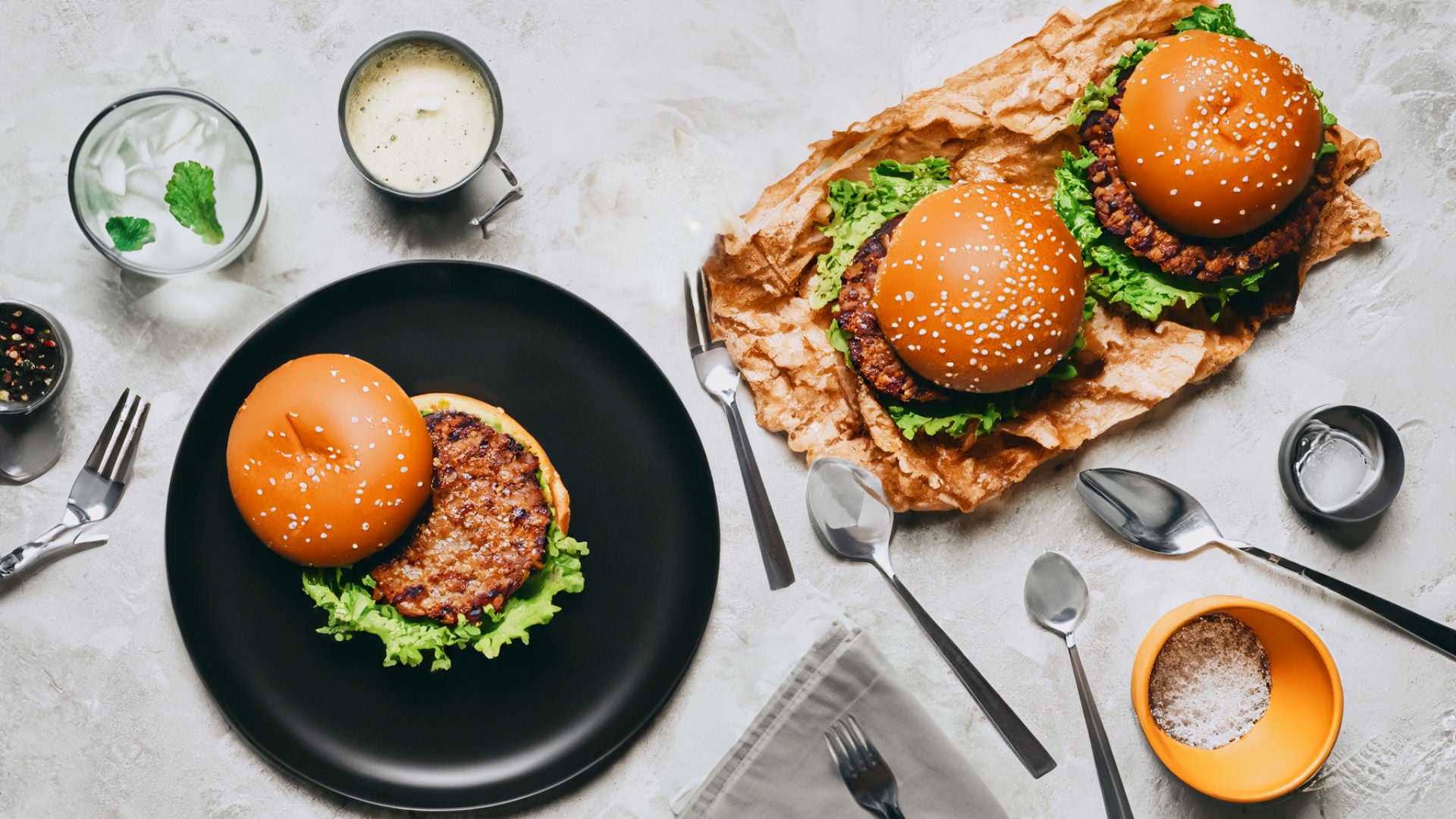What Are the Symptoms of Shellfish Allergies?
Symptoms may include: hives, tissue swelling (especially of the face), wheezing, asthma, nausea, vomiting, nasal congestion, itching, watery eyes, disorientation, and anaphylaxis. Anaphylaxis may include all of the symptoms mentioned above as well as difficulty breathing and reduced blood pressure. This needs to be addressed as a medical emergency and 9-1-1 should be called immediately.
How Can It Be Managed?
As with all food allergies, strict avoidance is the only form of management, and reading food labels is essential. Fortunately shellfish ingredients are required to be listed in simple terms within the ingredient statement, making it easier to identify them.
Remember that cross-contact between allergen-containing foods and non-allergen foods is a major cause of food allergy reactions. Therefore, always keep shellfish away from other foods in the kitchen. To avoid cross-contact, fry shrimp in a separate fryer than chicken fingers or french fries. Also, shellfish proteins can become airborne during the steaming process making it possible the inhale the allergen. Because of this, it is best for people with food allergies to avoid the cooking area altogether.
Being educated on the food sources that contain allergens is the best way to prevent a potential reaction.
Foods/Ingredients That Contain Shellfish:
- Barnacles
- Crabs
- Crawfish (crawdad, crayfish, ecrevisse)
- Krill
- Lobsters (langouste, langoustine, Moreton bay bugs, scampi, tomalley)
- Prawns
- Shrimp (crevette, scampi)
- Important note: mollusks are not considered major allergens under Food Allergen Labeling Consumer Protection Act and may not be fully disclosed on a product label.
Shellfish Are Sometimes Found in the Following:
- Bouillabaisse
- Cuttlefish ink
- Glucosamine
- Fish stock
- Seafood flavoring (e.g., crab or clam extract)
- Surimi
What About Carrageenan and Iodine?
Carrageenan, an algae, is used commonly as an emulsifier, stabilizer, and thickener in dairy and other products. This ingredient is not a type of shellfish and appears to be safe for most people with food allergies. Iodine is not related to shellfish and is not a concern for those with shellfish allergies.
Additional allergen information about shellfish can be found in the following areas:
- Gordon Food Service Family of Brands Ingredient Statements .
- Food Allergy Research and Education.
